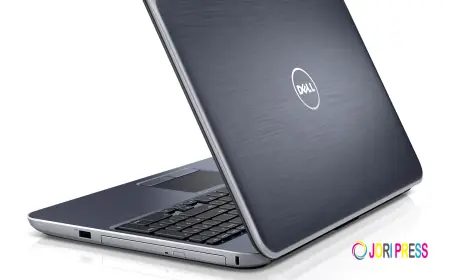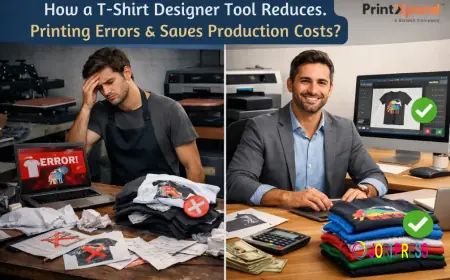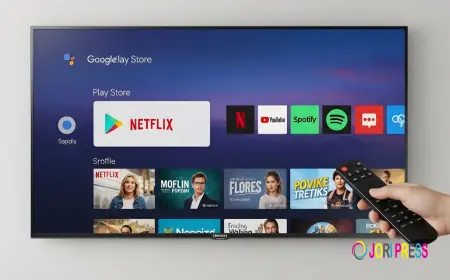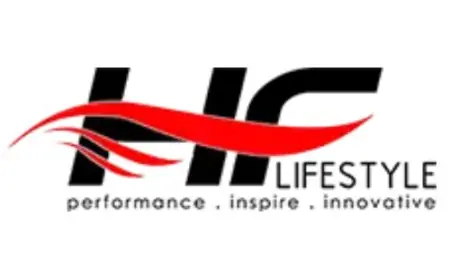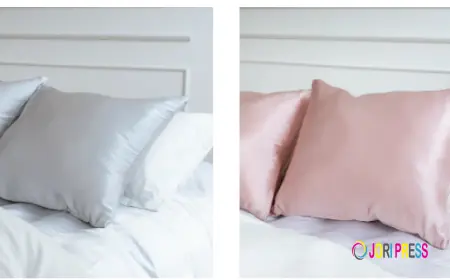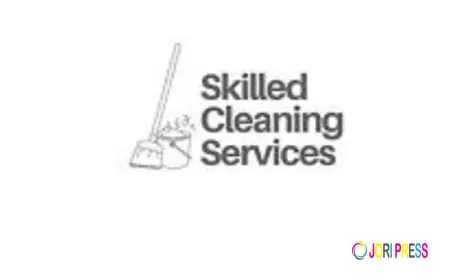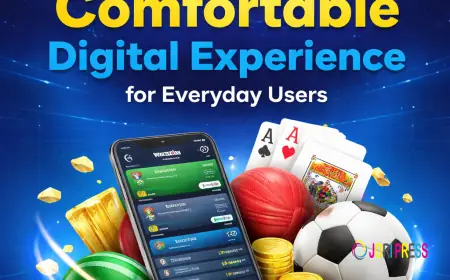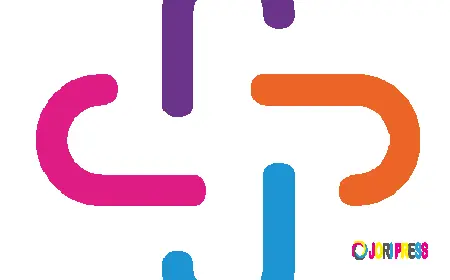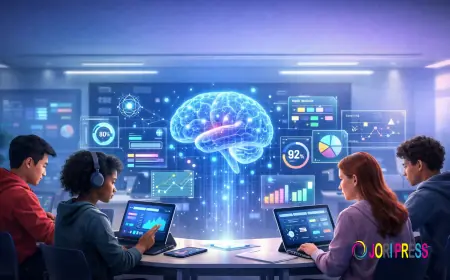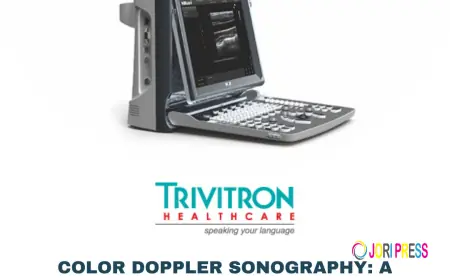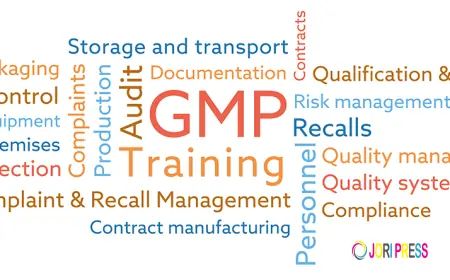Exploring New Frontiers in Sleep Medicine: Innovations a Sleep Specialist MD May Leverage
This in-depth post explores the most exciting innovations in sleep medicine—from AI-enabled diagnostics to advanced neurostimulation—highlighting what your sleep specialist MD may soon be using to help you sleep better.

Sleep care is rapidly evolving. For patients working with a sleep specialist MD, the landscape now includes incredible technological breakthroughs, cutting-edge therapies, and personalized diagnostics. These advancements are reshaping how sleep disorders are diagnosed, treated, and managed—offering faster relief and better outcomes than ever before.
Remote & Non-Invasive Diagnostics
Radar, Thermal Imaging & Wearable Pulse Oximeters
Traditional lab-based polysomnography (PSG) can be inconvenient and intrusive. Today, non-contact technologies are changing the game.
-
A study combining radar and thermal imaging showed near-perfect accuracy (99%) in detecting sleep apnea events using contactless methods.
-
Meanwhile, new FDA-approved ring pulse oximeters allow patients to monitor oxygen levels and sleep patterns comfortably overnight, bypassing bulky lab setups.
These tools allow a sleep specialist MD to diagnose efficiently and comfortably, even in patients who struggle with traditional testing methods.
Artificial Intelligence & Machine Learning
Wearables with AI-Powered Sleep Stage Detection
Devices like the AI-integrated Belun Ring measure sleep stages and classify apnea types in real-time, making home sleep testing smarter and more accurate.
Latest research also highlights deep-learning algorithms like SleepPPG-Net, which can correctly stage sleep using raw PPG signals from wearables—creating powerful potential for clinical-grade home monitoring.
With these innovations, a sleep specialist MD can analyze and make informed decisions based on reliable, real-world sleep data.
Behavioral Sleep Medicine Online
Digital Therapeutics for Insomnia
Cognitive Behavioral Therapy for Insomnia (CBT‑I) is the foundational non-pharmacological treatment. The rise of digital tools, like Sleepio, delivers CBT online, validated across dozens of clinical trials, and helping patients struggling to access in-person therapy. These platforms empower patients to engage in structured treatment easier and faster, with professional guidance—augmented by feedback from their specialist.
Pharmacologic Evolution in Sleep Apnea Treatment
First FDA‑Approved Medication for OSA
In a milestone shift, Zepbound (tirzepatide), originally for obesity and diabetes, is now FDA-approved for treating moderate-to-severe obstructive sleep apnea in adults with obesity. Clinical trials showed up to five times better reduction in apnea episodes compared to placebo.
This development opens a non-device-based therapy path—especially for patients who can't tolerate CPAP. Your sleep specialist MD may use this as an additional or alternative treatment option.
Implantable Neurostimulation Techniques
Hypoglossal Nerve Stimulation (HNS)
HNS devices surgically stimulate the hypoglossal nerve to protrude the tongue forward during sleep, preventing airway collapse. Approved by the FDA, this option is increasingly worthwhile for patients with moderate-to-severe sleep apnea who cannot tolerate CPAP.
Recent case studies—such as one involving a patient with Ehlers-Danlos Syndrome—highlight exceptional success in both symptom resolution and quality-of-life improvements using HNS.
Personalized Chronotherapy & Biological Clock-Based Care
Advances in chronobiology are enabling treatments precisely tailored to a person’s internal sleep-wake rhythm. Techniques may include custom light exposure schedules and circadian-aligned medication timing—improving outcomes for shift workers, delayed sleep phase, and other circadian disorders.
Big-Picture Impact: Why These Innovations Matter
-
Greater accessibility & comfort: Remote diagnostics and digital tools reduce barriers to care and improve patient experience.
-
Advanced precision: AI, wearables, and HNS bring highly personalized, data-driven interventions.
-
New treatment pathways: Medication options like Zepbound and HNS offer alternatives when traditional therapy fails.
-
Behavioral empowerment: Digital CBT-I tools democratize effective insomnia therapy for wider populations.
-
Holistic timing-based care: Chronotherapy unlocks the benefits of working with your internal clock.
What Patients Should Ask a Sleep Specialist MD
When meeting your specialist, consider questions like:
-
“Are there remote testing options that fit my lifestyle?”
-
“Could digital CBT-I support my insomnia better than meds?”
-
“Is pharmaceutical therapy like tirzepatide a suitable adjunct or alternative for me?”
-
“Am I a candidate for hypoglossal nerve stimulation?”
-
“Could light or chrono-based therapy help my sleep schedule?”
Understanding these emerging options can ensure your care plan is both informed and forward-looking.
FAQs About Sleep Medicine Innovations
1. Are remote devices as accurate as lab-based studies?
Emerging technologies like thermal imaging and AI-assisted wearables show high accuracy and often perform reliably when compared to traditional polysomnography.
2. Is tirzepatide replacing CPAP?
Not yet. While it's a promising alternative for eligible adults, CPAP remains the gold standard. Medication offers another tool—especially if CPAP isn’t tolerated.
3. Is HNS risky?
HNS involves surgery and candidate screening (via drug-induced sleep endoscopy). Risks are carefully weighed, and it’s generally reserved for patients intolerant of other therapies.
4. Can I do CBT-I entirely online?
Yes. Digital CBT-I platforms like Sleepio are clinically validated and often integrated into specialist planning—ideal when therapists are scarce or convenience is key.
5. When will these technologies be widely available?
Some are already in clinical use (Zepbound, HNS), while others are emerging in trials or early rollout (thermal diagnostics, AI wearables). Discuss availability with your sleep specialist MD.
What's Your Reaction?
 Like
0
Like
0
 Dislike
0
Dislike
0
 Love
0
Love
0
 Funny
0
Funny
0
 Angry
0
Angry
0
 Sad
0
Sad
0
 Wow
0
Wow
0
